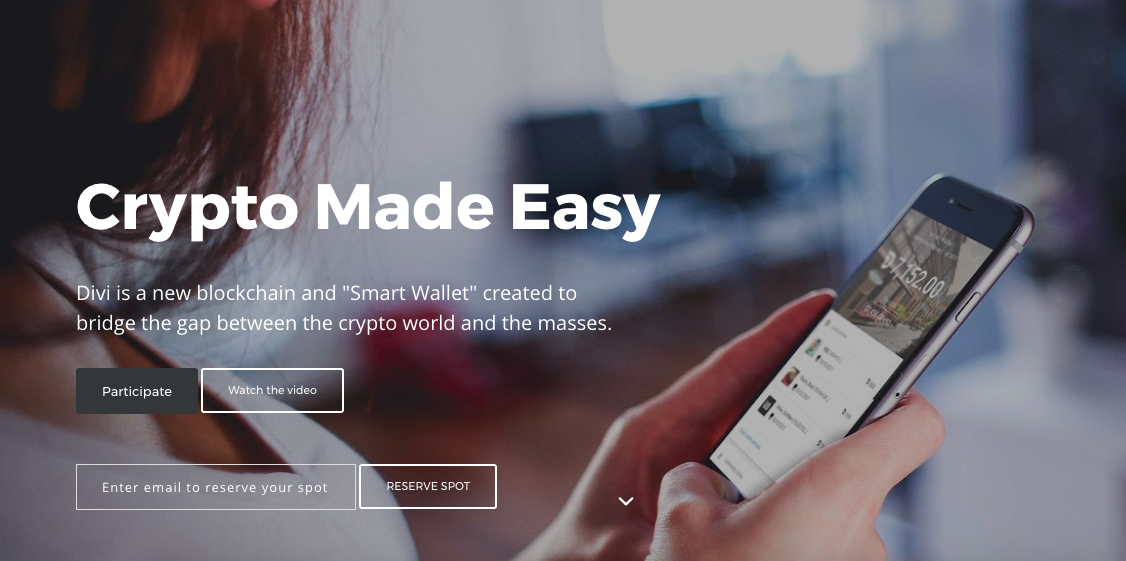Yes, there’s a lot of hype in the Crypto world these days, and yes maybe there’s a bubble. Many projects that are very well funded today will fail but make no mistake, a revolution is coming.
If you think the explosion of growth that has happened in places like China over the last 20 years was impressive, just wait until the billions of people who are still effectively locked out of the world economy come online.
Thirty-nine percent of the world’s population doesn’t have a bank account. At least two billion people don’t even have a record of their birth. But this dearth of identity is about to change in a big way. That’s because the infrastructure for it to happen is finally nearly in place.
Internet access in the form of global wifi and very affordable computing power (smartphones) combined with the final piece of the puzzle, blockchain technology, is about to bring billions of people into the world economy like never before.
Blockchain still has a reputation for being the anonymity enabler but it’s actually its ability to give people an identity that will allow these new entrants into the global economy.
Here’s where the Divi Project is onto something.
Divi is building a marketplace platform that will finally allow people to bootstrap their own financial inclusion and capitalize on their desire to create and contribute.
It’s a space where users can create an identity and through attestations from the community, attach a reputation to that identity so that there’s the trust needed to facilitate the buying and selling of products and services globally.
On one level, it’s a marketplace like Amazon. But unlike Amazon, this marketplace will be open to everyone because it’s decentralized.
A carefully designed blockchain project – by its nature – will beat a typical centralized marketplace like Amazon in terms of security, transparency, speed of settlement, and ability to scale globally. The Divi project checks all of these boxes. But so do a lot of other blockchain projects.
So what sets Divi apart? It starts with usability.
There are already hundreds of millions of dollars worth of lost crypto out there. Even veteran crypto users are forced to double, triple, and quadruple check every transaction: Is the string of characters perfectly copied? Is it going into a wallet that can actually receive it?
For newcomers, the most common word used to describe a first crypto transaction is “terrifying.” And don’t forget: today’s crypto “newbies” are still early adopters in the grand scheme of what is coming. If these relatively tech-capable early adopters are describing their experience as terrifying, what about the billions who haven’t even heard of blockchain?
To attract them, if we’re being honest, the word “blockchain” is irrelevant. These people will be attracted to the service only if it works better than that what they are already using.
The marketplace that succeeds in drawing mass adoption, therefore, needs to have a far better user experience than today’s typical blockchain projects. In fact, it should have at least as good a user experience as Amazon.
Divi is the first project to really focus on things like (finally) usable wallets.
According to Tim Sanders, former Chief Solutions Officer of Yahoo, who recently joined the Divi Team, “Apple brought design acumen and appliance-level ease of use to the personal computing world. Similarly, Divi’s team is taking a design approach to take the complexity and fear out of cryptocurrency. They’ve demonstrated the ability to not only dream big but to execute the plan. Those are the two ingredients I look for when getting involved in a company.”
Users of the Divi network will be able to customize their wallets in new ways. This means instead of their wallet name being an impossible to remember (and easily mistaken) string of numbers and characters, it can be something recognizable like a username or an email address. Users can also attach their photo or logo to their wallet so customers sending them funds will have the extra reassurance that they are actually sending funds to the right wallet. Anonymity can, of course, be retained for those who wish, but most businesses will not want to be anonymous. Businesses are, after all, built upon reputation.
Divi has clearly thought through the game theoretic incentives that are required for a tokenized platform to succeed. This includes things like affordable tiered master nodes (allows speedy decentralization), the ability to stake tokens (encourages growth) and lottery style reward blocks (builds excitement and loyalty).
The platform design is also fertile ground for the network effects that will allow rapid marketplace growth through a bounty system for early adopters and a social component.
Crucially, the Divi Project is one of the few in the crypto world to have a strong focus on bringing women into the space. Their team includes top New York publicist Heidi Krupp, on their advisory board Co-Founder of CoinTelegraph Toni Lane Casserly, as well as other female entrepreneurs and social media experts.
Divi will probably not topple Amazon, but it doesn’t need to. All it needs is a slice of the billions of people, and trillions of dollars, who are about to enter the global digital economy, and it looks like it’s on the right track to do so.
By Graham Stone
“This is a paid press release. Readers should do their own due diligence before taking any actions related to the promoted company, product or service. Bitcoin Africa Ltd. is not responsible, directly or indirectly, for any loss or damage caused by or in connection with the use of or reliance on any content, product or service mentioned in the press release.”


 Features3 years ago
Features3 years ago
 Bitcoin2 years ago
Bitcoin2 years ago
 Features3 years ago
Features3 years ago
 Features3 years ago
Features3 years ago
 Features3 years ago
Features3 years ago
 Features3 years ago
Features3 years ago
 Features8 months ago
Features8 months ago
 Bitcoin10 months ago
Bitcoin10 months ago




 1xBit has created Ticket Rush with numerous fanciful prizes that could change your entire gambling experience. With multiple prize draws designed to select many winners, you have a chance at winning big. The prize pool is 3 BTC, with numerous winners per category.
1xBit has created Ticket Rush with numerous fanciful prizes that could change your entire gambling experience. With multiple prize draws designed to select many winners, you have a chance at winning big. The prize pool is 3 BTC, with numerous winners per category.
 Tom also brought his creative mind to the forefront when brainstorming the new brand mission alongside the wider team. Crypto Lists had been searching for a new slogan, that is both accurate, descriptive, as well as evergreen – taking into consideration the future developments and growth of the company. Along with the senior leadership, a general consensus was reached: Crypto Done Smarter.
Tom also brought his creative mind to the forefront when brainstorming the new brand mission alongside the wider team. Crypto Lists had been searching for a new slogan, that is both accurate, descriptive, as well as evergreen – taking into consideration the future developments and growth of the company. Along with the senior leadership, a general consensus was reached: Crypto Done Smarter.
